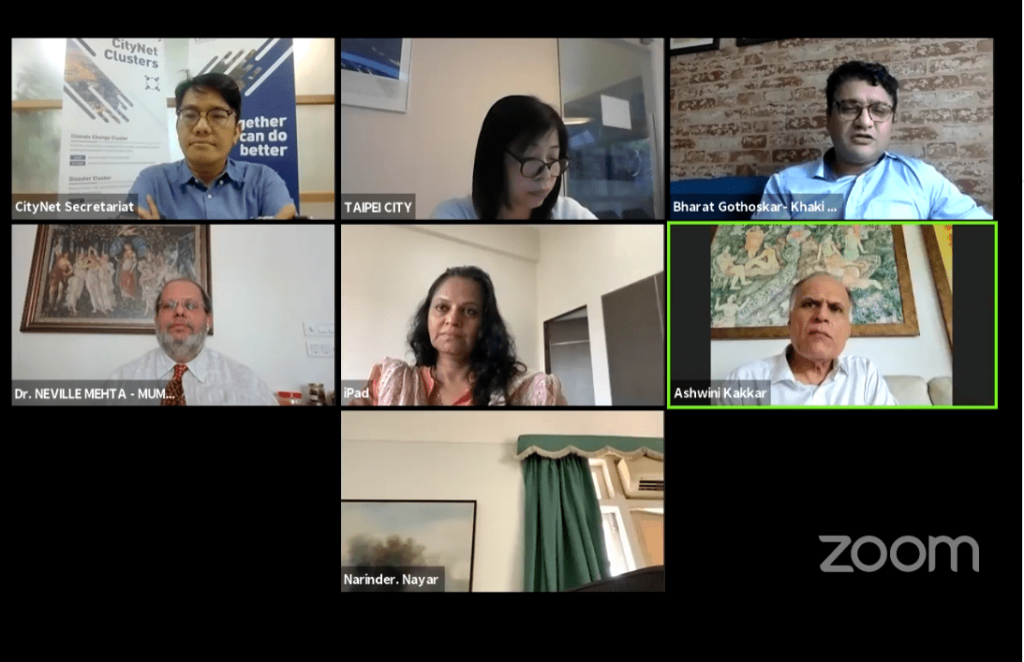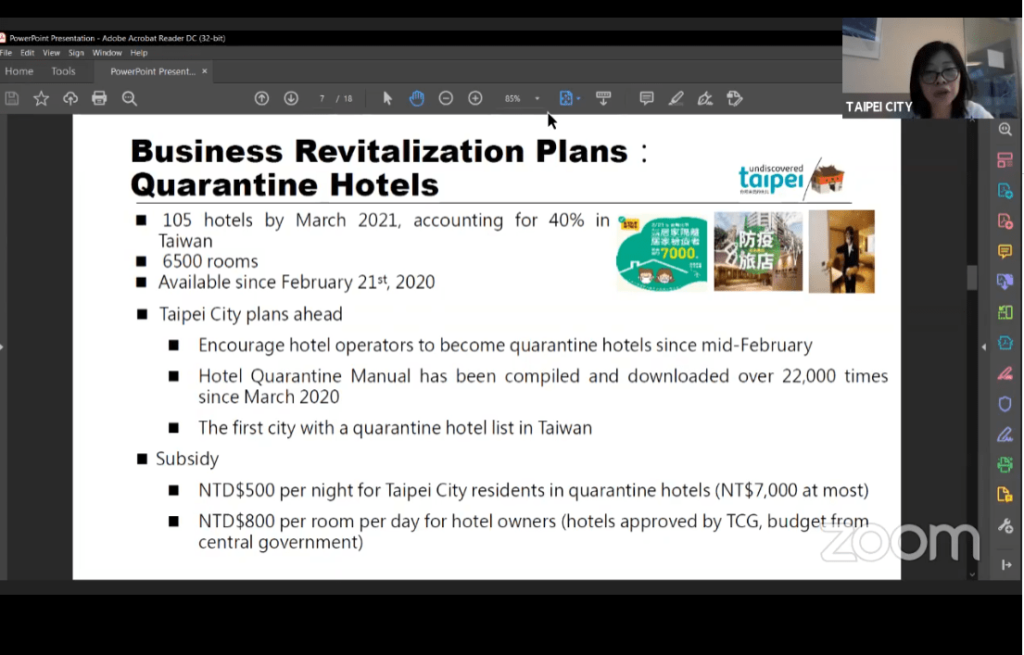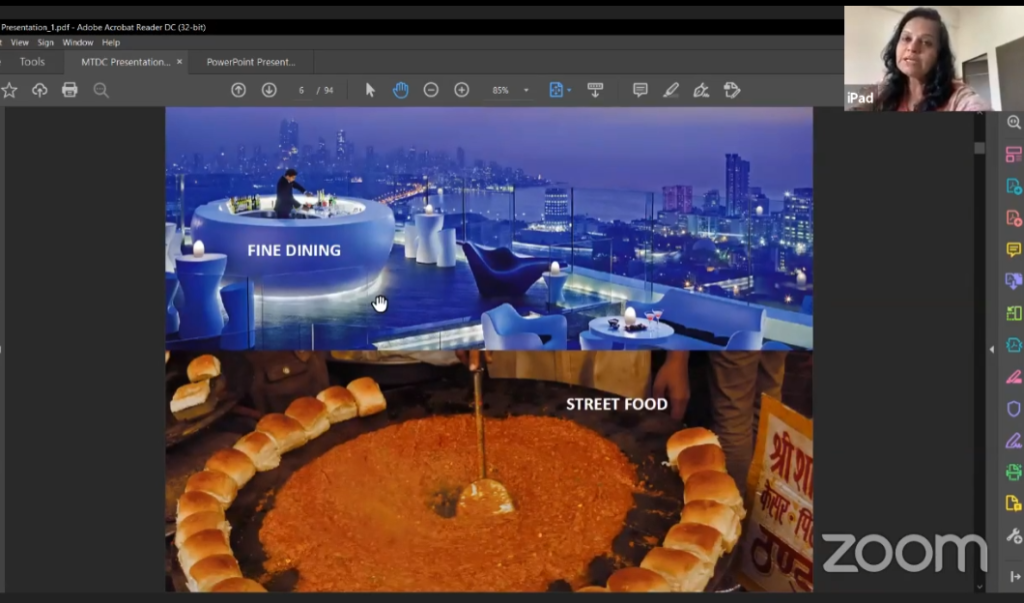Urban tourism has been one of the worst-hit industry sectors by the pandemic. Tourism has been one of cities’ primary economic lifelines, bringing in jobs and enhancing local economic development. With the global vaccination rolling out at a rapid pace, many cities cannot wait to welcome their visitors again as they build back to recover from the long term impacts of COVID-19.

For Mumbai-based entrepreneur Mr. Ashwini Kakkar, cities and destinations are going to face ‘hyper competitiveness.’ “Every city will go wanting for tourists wanting to go to them first. Some cities like Dubai or Maldives have started this thought process. For example, Dubai started coming up with the concept of ‘vaccication.'”
CityNet and one of its associate members Mumbai First held a webinar titled Changing Face of Urban Tourism Post COVID: Asian Experience on May 6, 2021 to kick start conversations and identify challenges of cities preparing to open their borders while minimizing health risks.

For Taipei City, rebuilding domestic travel is their priority. “We still cannot have events with bigger audiences but we need to integrate digital technology to integrate large-scale tourism events,” said Chuen-huey Jiang, Senior Specialist of Taipei City Department of Information and Tourism. Taipei is now using AR/VR technology to promote tourist attractions and experience virtual sightseeing. The city is also issuing safe travel stamps for travel groups and restaurants. Ms. Jiang said that the city needs to stimulate more consumption when visitors come to Taipei.
Mumbai is gearing up sustainability programs in tourism. Valsa Nair Singh, former Principal Secretary of the State of Maharashtra where Mumbai is located, said that addressing sustainability issues is at the core of many of its tourism programs. “Mumbai is the commercial capital of the Maharashtra state and is the main embarkation point to India. We have to promote sustainability for our industry practitioners.”

One example is improving sanitation/toilet systems within the periphery of century-old forts around Mumbai.
Mrs. Singh added that new tourism policies are being developed like agro-tourism policy which provides incentives for entrepreneurs to invest in and develop agro-tourism programs. Another new policy is homestay vacation policy which guarantees security and hygiene standards.
Mr. Kakkar anticipates that tourism in post-COVID 19 will focus on enhancing outdoor spaces and long-staying customers. “The people have been locked in for such a long time,” he added. Connectivity will also be enhanced. “Virtual visits to museums, monuments can fill the gap and utilize customers’ spare time,’ he added.
For Taipei and Mumbai, more city to city cooperation is needed to exchange new ways to better open the cities to tourists. Ms. Jiang said CityNet offers an important platform for cities to exchange international practices on enhancing urban tourism recovery.

